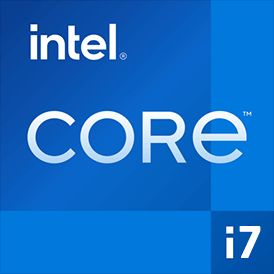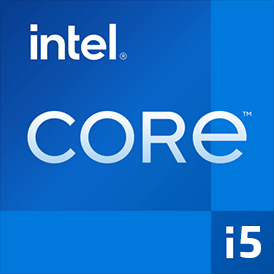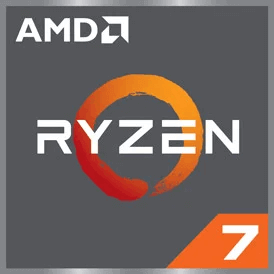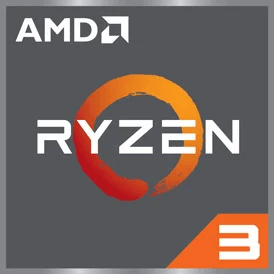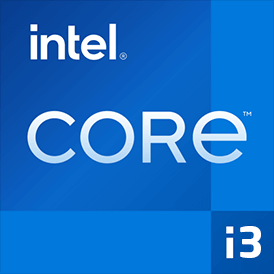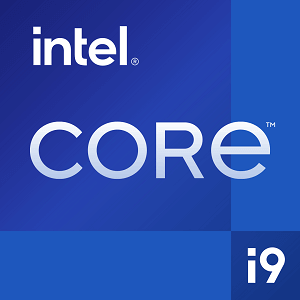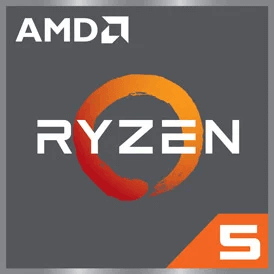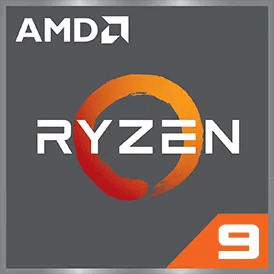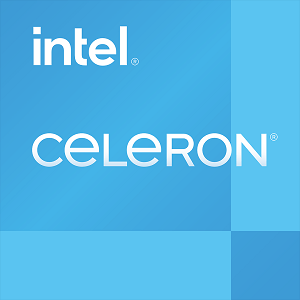Intel Core i7 12700K vs Intel Core i5 13500
We compared two desktop CPUs: Intel Core i7 12700K with 12 cores 3.6GHz and Intel Core i5 13500 with 14 cores 2.5GHz . You will find out which processor performs better in benchmark tests, key specifications, power consumption and more.
Main Differences
Intel Core i7 12700K 's Advantages
Higher base frequency (3.6GHz vs 2.5GHz)
Larger L3 cache size (25MB vs 24MB)
Intel Core i5 13500 's Advantages
Released 1 years and 3 months late
Larger memory bandwidth (89.6GB/s vs 76.8GB/s)
Lower TDP (65W vs 125W)
Score
Benchmark
Cinebench R23 Single Core
Intel Core i7 12700K
+3%
1944
Intel Core i5 13500
1877
Cinebench R23 Multi Core
Intel Core i7 12700K
+8%
22801
Intel Core i5 13500
21093
Geekbench 6 Single Core
Intel Core i7 12700K
+15%
2625
Intel Core i5 13500
2277
Geekbench 6 Multi Core
Intel Core i7 12700K
+86%
14728
Intel Core i5 13500
7898
Cinebench 2024 Single Core
Intel Core i7 12700K
+1%
114
Intel Core i5 13500
112
Cinebench 2024 Multi Core
Intel Core i7 12700K
1172
Intel Core i5 13500
+1%
1187
Blender
Intel Core i7 12700K
+33%
364
Intel Core i5 13500
272
Geekbench 5 Single Core
Intel Core i7 12700K
+13%
2084
Intel Core i5 13500
1835
Geekbench 5 Multi Core
Intel Core i7 12700K
+20%
15499
Intel Core i5 13500
12912
Passmark CPU Single Core
Intel Core i7 12700K
+2%
4040
Intel Core i5 13500
3945
Passmark CPU Multi Core
Intel Core i7 12700K
+7%
34674
Intel Core i5 13500
32278
General Parameters
Oct 2021
Release Date
Jan 2023
Intel
Manufacturer
Intel
Desktop
Type
Desktop
x86-64
Instruction Set
x86-64
Alder Lake
Core Architecture
Raptor Lake
i7-12700K
Processor Number
i5-13500
LGA-1700
Socket
LGA-1700
UHD Graphics 770
Integrated Graphics
UHD Graphics 770
Package
10 nm
Manufacturing Process
10 nm
125 W
Power Consumption
65 W
190 W
Max Turbo Power Consumption
154 W
100°C
Peak Operating Temperature
100°C
CPU Performance
8
Performance Cores
6
16
Performance Core Threads
12
3.6 GHz
Performance Core Base Frequency
2.5 GHz
4.9 GHz
Performance Core Turbo Frequency
4.8 GHz
4
Efficiency Cores
8
4
Efficiency Core Threads
8
2.7 GHz
Efficiency Core Base Frequency
1.8 GHz
3.8 GHz
Efficiency Core Turbo Frequency
3.5 GHz
12
Total Core Count
14
20
Total Thread Count
20
100 MHz
Bus Frequency
100 MHz
36x
Multiplier
25x
80 K per core
L1 Cache
80 K per core
12 MB shared
L2 Cache
1280 K per core
25 MB shared
L3 Cache
24 MB shared
Yes
Unlocked Multiplier
No
Memory Parameters
DDR5-4800, DDR4-3200
Memory Types
DDR5-4800, DDR4-3200
128 GB
Max Memory Size
128 GB
2
Max Memory Channels
2
76.8 GB/s
Max Memory Bandwidth
89.6 GB/s
Yes
ECC Memory Support
-
Graphics Card Parameters
true
Integrated Graphics
true
300 MHz
GPU Base Frequency
300 MHz
1500 MHz
GPU Max Dynamic Frequency
1450 MHz
256
Shader Units
256
16
Texture Units
16
8
Raster Operation Units
8
32
Execution Units
32
15 W
Power Consumption
15 W
0.78 TFLOPS
Graphics Performance
0.78 TFLOPS
